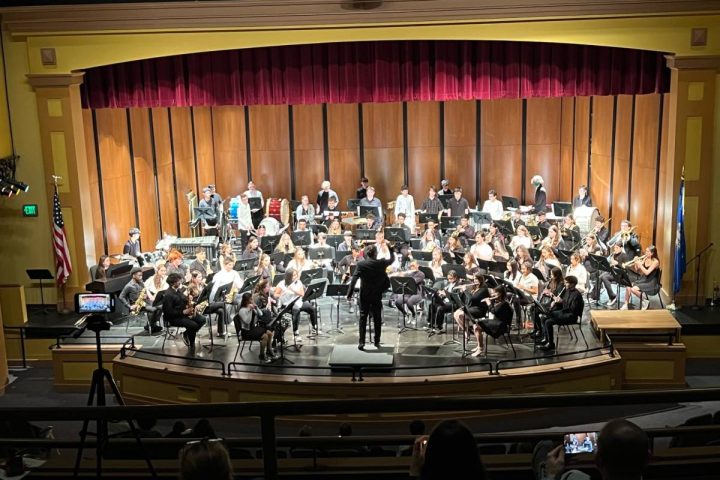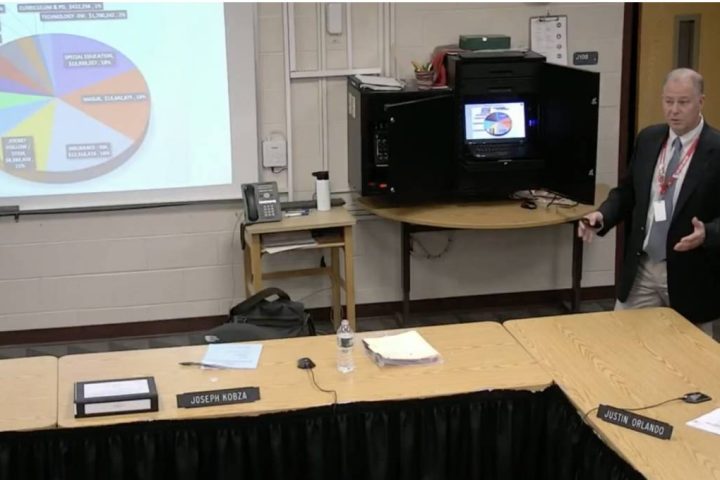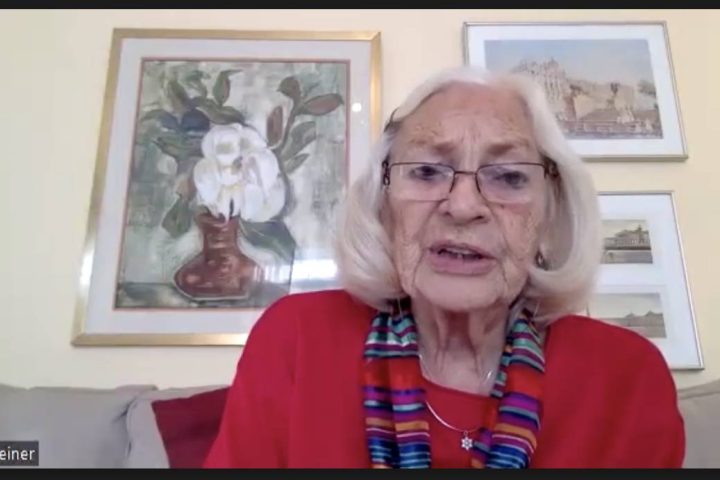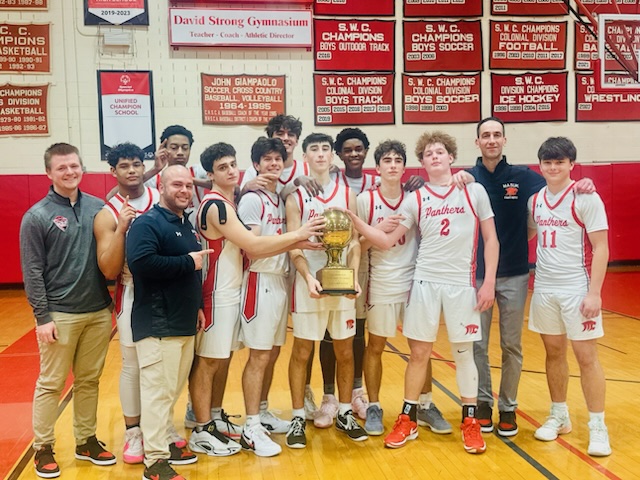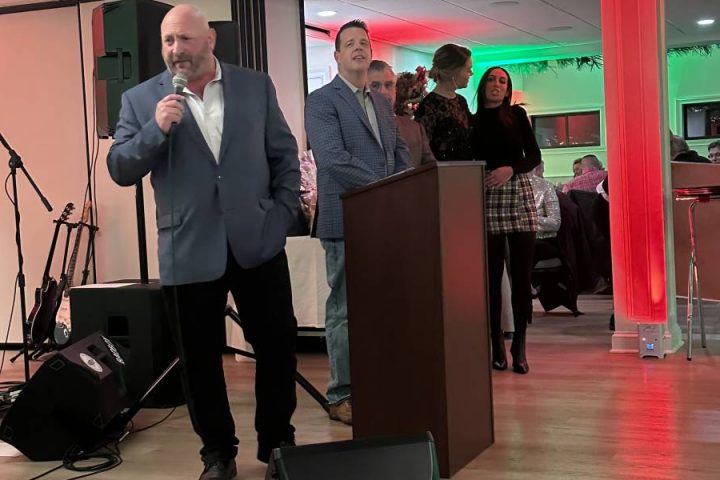MONROE, CT — Mae Bunseng Taing grew up in Phnom Phen, Cambodia, during the rise of the Khmer Rouge and Pol Pot, during a time when the Khmer Rouge executed a genocide against Cambodians. The mass violence led to the death of nearly three million people.
Taing and his son James, a documentarian and author, shared his personal story with students at Masuk High School on Tuesday, Oct. 17. James Taing not only wrote the story of his father’s escape from and survival of the Cambodian genocide, he also co-created the award-winning documentary, “Ghost Mountain: The Second Killing Fields of Cambodia”.
“Masuk students viewed the documentary and then were able to ask James Taing and his father questions about the film and more importantly, the story of survival,” said Jamie Sherry, the K-12 instructional leader of social Studies.
Meghan Letko, Masuk’s library media specialist, coordinated the presentation with Sherry to support sophomore students’ study of genocide. Students are conducting research on different genocides that occurred throughout world history with several studying the Cambodian Genocide.
Taing’s story highlights not only the genocide that occurred at the hands of the Khmer Rouge, but also the massacre that happened after he and other survivors believed they were safe. He was among 45,000 refugees who managed to escape to what they believed was safety in Thailand, only to be forced back over the Cambodian border in an area heavily infested with landmines.
Thousands more Cambodians died on this march. Taing told his story of survival and strength to return back to Cambodia, eventually making his way back to Thailand before emigrating to the United States.
Students asked James Taing to talk about his motivation for creating this documentary. He said, “It was when I was coming out of high school … I was trying to figure out, how do we get through something like this?”
He said he admired his father who came to America with nothing and became a success. Taing said he was driven to learn about his family of survivors. At the end of the presentation, his message and challenge for students was to learn their own families’ history.
“The best type of meaning we have is our family — where we came from,” he said.
Aside from sharing their story, the presenters donated copies of their book, “Under the Naga Tail”, to all of the students in attendance.
All respectful comments with the commenter’s first and last name are welcome.


